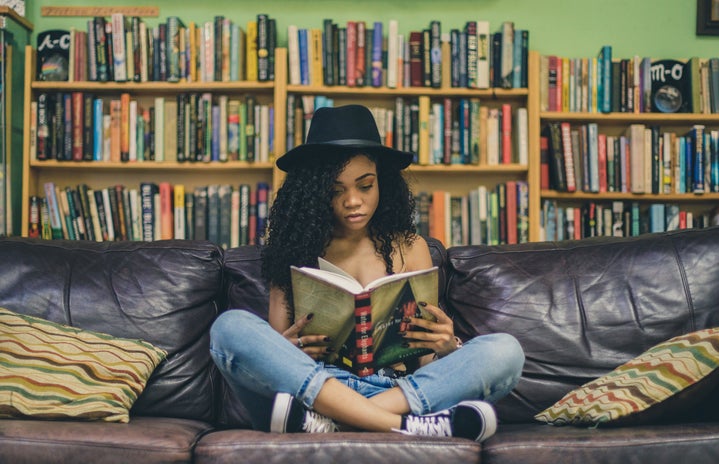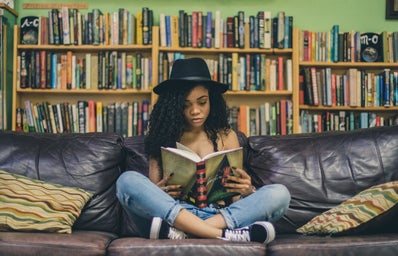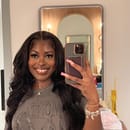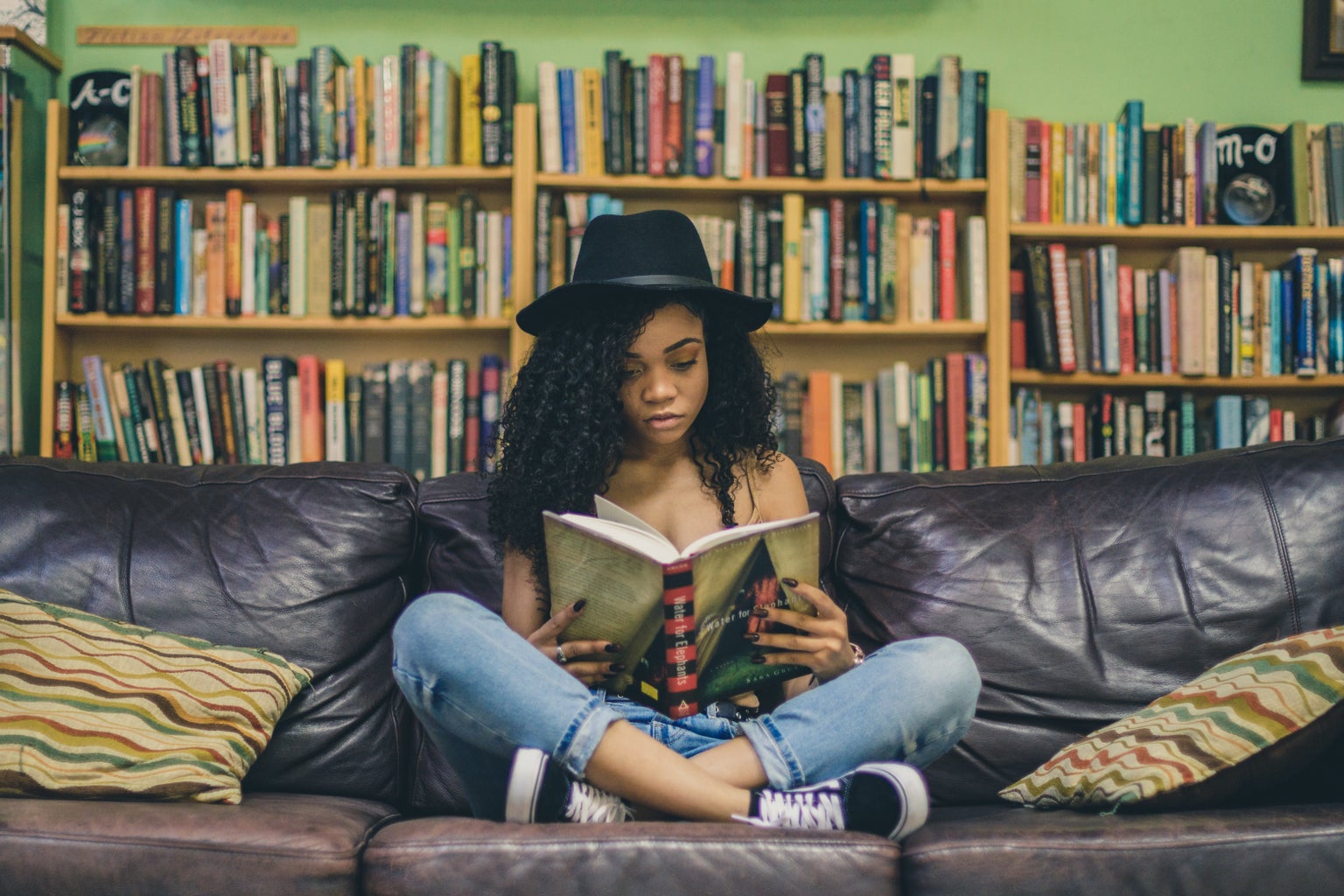From Sept. 26 to Sept. 29, Howard University hosted the International Black Writers Festival. Spearheaded by the Moorland-Spingarn Research Center and sponsored by the Center for Journalism & Democracy, the festival focused on how black history and the black experience have been preserved through writing.
The festival was free and open to the public and organized as a series of panels across the four days, with sessions starting at 11 a.m. and ending at 11 p.m. Located in the auditorium of the School of Social Work, the festival had an intimate feel, with students, alumni and scholars filling the seats just a few feet away from the stage. The panel was guided by the questions of various moderators and then was opened to the questions of the audience.
Some of the panelists included National Book Award and Genius Grant winner Ta-Nehisi Coates, Pulitzer Prize-winning journalist Nikole Hannah Jones, Apollo Theatre’s executive producer Kamilah Forbes, hip hop producer Young Guru and many others.
The festival followed a theme of “Why We Gather,” in lieu of a more inclusive intellectual environment for African Americans. The theme posed the question: who defines what constitutes significant Black art and literature, and important political themes and issues of our times?
The students who attended the sessions had differing opinions on whether or not the question was answered. Temitope Creppy, a senior biology major from Chicago attended the “Power Move: Writing Howard’s History through Hip Hop” and “State of Narrative: Conversations on Contemporary Embodied Storytelling Dramatists Practice” sessions. He noted how much he learned from the sessions, and said “the panelists gave [him] a sense of pride and confidence from being a Howard University student.”
Creppy also said that the second session he attended gave him a greater appreciation for the intersection of art, culture and history. He left the sessions feeling inspired.
Inaya Samad, a senior environmental science major from Cleveland, Ohio also attended the “State of Narrative: Conversations on Contemporary Embodied Storytelling Dramatists Practice” session. She said it addressed some of the concerns she had about artificial intelligence and art. One of the things she said that stood out to her, was poet and performer Marc Bamuthi Joseph said “AI cannot make art. Art requires a flash of the spirit. A flash of the spirit at an intersection of a human body.” She explained that as someone who loves the arts, she was soothed that the panelists strongly believed that technology could never replace artists.
However, there were some students who left the sessions feeling a little unsatisfied. Kevina Wright, a senior English major from San Diego, California felt that the banned books session did not stay on topic. When asked if something said at the session stood out to her, she said it was what wasn’t said that came to mind. She said she felt that the moderator did not stick to the theme and was surprised that some of the panelists who were educators at Howard University, did not spend a lot of time discussing how the prevalent book banning would affect the school system.
One thing that Creppy, Samad and Wright all agreed on was they had never attended an event like this on Howard’s campus, and it was nice to have many accomplished artists and intellectuals in one space. Samad expressed sentiments of being glad to take advantage of events like this during her last year at Howard.
“I just wish more students were [aware of] the great work going on here on our campus that isn’t found anywhere else in the country,” Creepy said. “I feel like sometimes we just don’t realize the history that happened here on campus.”



